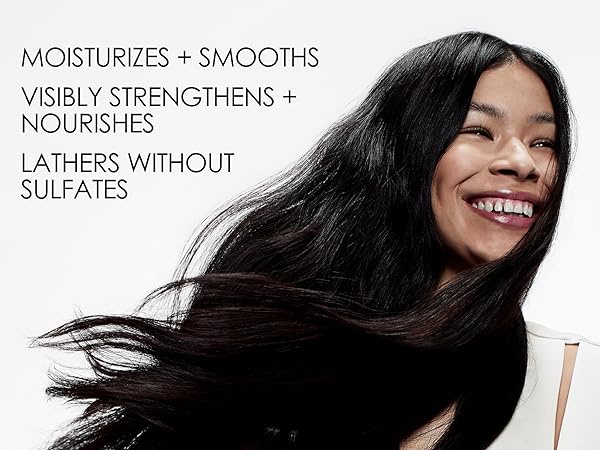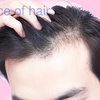air fall, medically termed alopecia, is a common concern affecting millions of individuals worldwide. While it’s normal to shed around 50-100 hairs per day, excessive hair loss can be distressing and may indicate an underlying issue. In this guide, we’ll delve into the causes, prevention, and treatment options for hair fall to help you maintain healthy locks.
Causes of Hair Fall:
Genetics: Family history plays a significant role in hair loss patterns. Androgenetic alopecia, commonly known as male or female pattern baldness, is the most common genetic cause.
Hormonal Changes: Fluctuations in hormones due to pregnancy, childbirth, menopause, or thyroid disorders can lead to temporary or permanent hair loss.
Nutritional Deficiencies: Inadequate intake of essential nutrients like iron, protein, vitamins (especially B vitamins), and minerals (such as zinc and selenium) can weaken hair strands and contribute to hair fall.
Stress: Physical or emotional stress can disrupt the hair growth cycle, leading to increased shedding.
Medical Conditions: Conditions like alopecia areata, scalp infections, autoimmune diseases, and certain medications (e.g., chemotherapy drugs, antidepressants) can cause hair loss.
Diet and Lifestyle: Poor dietary choices, excessive hairstyling, frequent use of heating tools, and harsh chemical treatments can damage hair follicles and exacerbate hair fall.
Prevention Strategies:
Maintain a Balanced Diet: Consume a diet rich in protein, iron, vitamins, and minerals to support hair health. Incorporate foods like fish, eggs, nuts, fruits, vegetables, and whole grains into your meals.
Practice Stress Management: Engage in relaxation techniques such as meditation, yoga, or deep breathing exercises to reduce stress levels and promote overall well-being.
Be Gentle with Your Hair: Avoid tight hairstyles, excessive brushing, and the use of harsh chemicals or heat styling tools. Opt for gentle hair care products and limit washing to 2-3 times per week.
Protect Your Hair from Environmental Damage: Shield your hair from sunlight, pollution, and harsh weather conditions by wearing hats or scarves when outdoors.
Stay Hydrated: Drink an adequate amount of water daily to keep your scalp and hair hydrated.
Regular Exercise: Incorporate regular physical activity into your routine to improve blood circulation, which can benefit hair follicles.
Treatment Options:
Topical Treatments: Over-the-counter minoxidil (Rogaine) is a common topical solution used to promote hair growth. Prescription medications like finasteride may be prescribed for certain types of hair loss.
Nutritional Supplements: Consult with a healthcare professional to determine if supplements like biotin, iron, or omega-3 fatty acids are appropriate for addressing nutritional deficiencies.
Platelet-Rich Plasma (PRP) Therapy: This procedure involves injecting concentrated platelets from your own blood into the scalp to stimulate hair growth.
Low-Level Laser Therapy (LLLT): LLLT devices emit red light to stimulate hair follicles and promote hair growth.
Hair Transplantation: In cases of advanced hair loss, surgical procedures like follicular unit transplantation (FUT) or follicular unit extraction (FUE) can be considered to transplant healthy hair follicles to balding areas.
Seek Professional Advice:
If you’re experiencing significant hair fall or notice unusual changes in your hair density or texture, it’s essential to consult with a dermatologist or trichologist. They can evaluate your condition, identify underlying causes, and recommend appropriate treatment options tailored to your needs.
In conclusion, while hair fall can be concerning, understanding its causes and adopting preventive measures can help maintain healthy hair growth. With proper care and timely intervention, you can minimize hair loss and promote optimal hair health for years to come.
For more details read the following articles:
- Reason of Baldness
- Reduce hairloss by following these tips
- Understanding Male Hair Loss: Causes and Effective Treatments
- What is the cause of thinning hair?
- Ginger hair color
- blonde money piece
- Male pattern Hairfall
- Minoxidil
- Hair oils
- shampoo and conditioner
- Anti dandruff
- Hair Mask
- Restore hair health


No comments yet